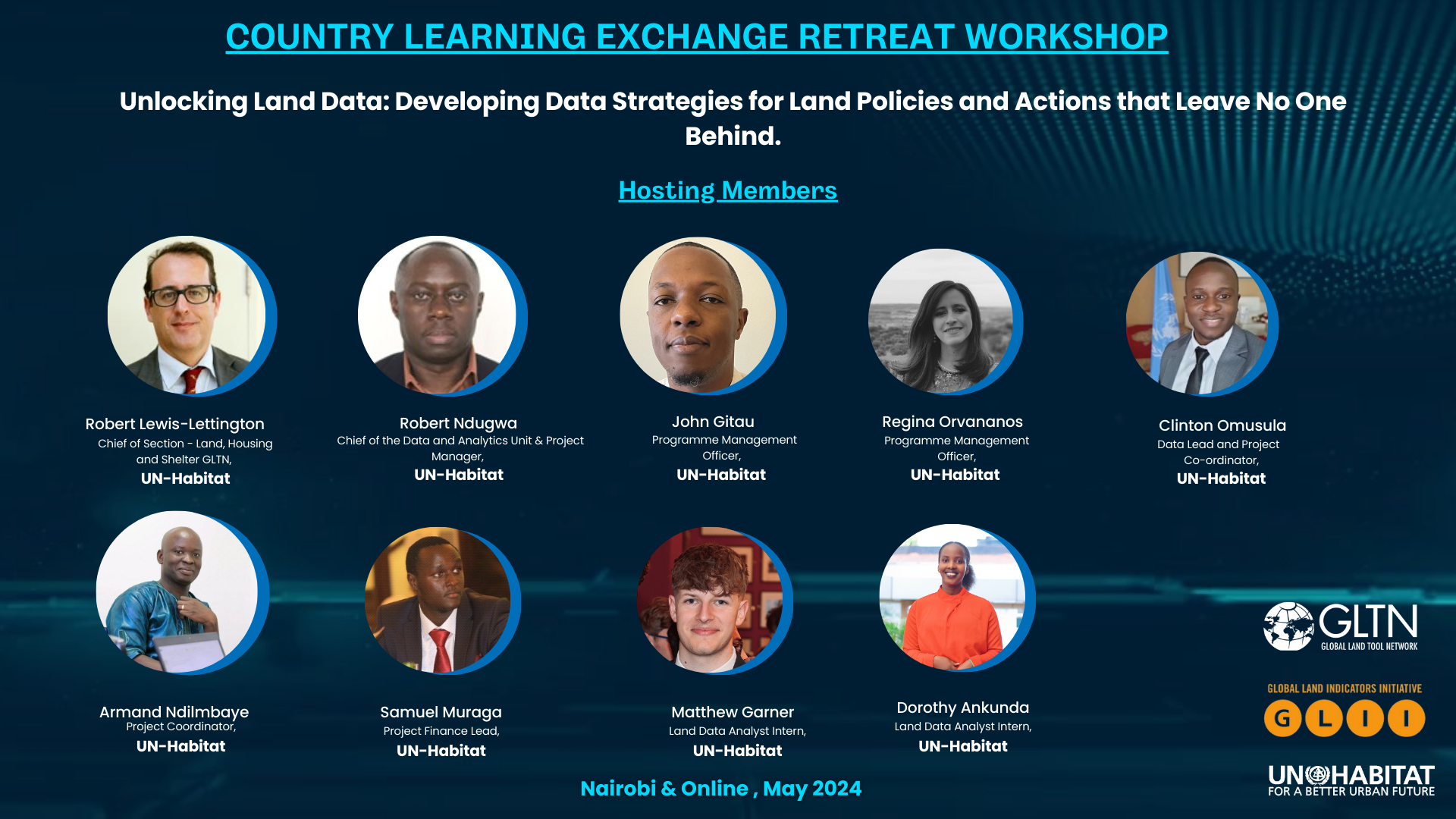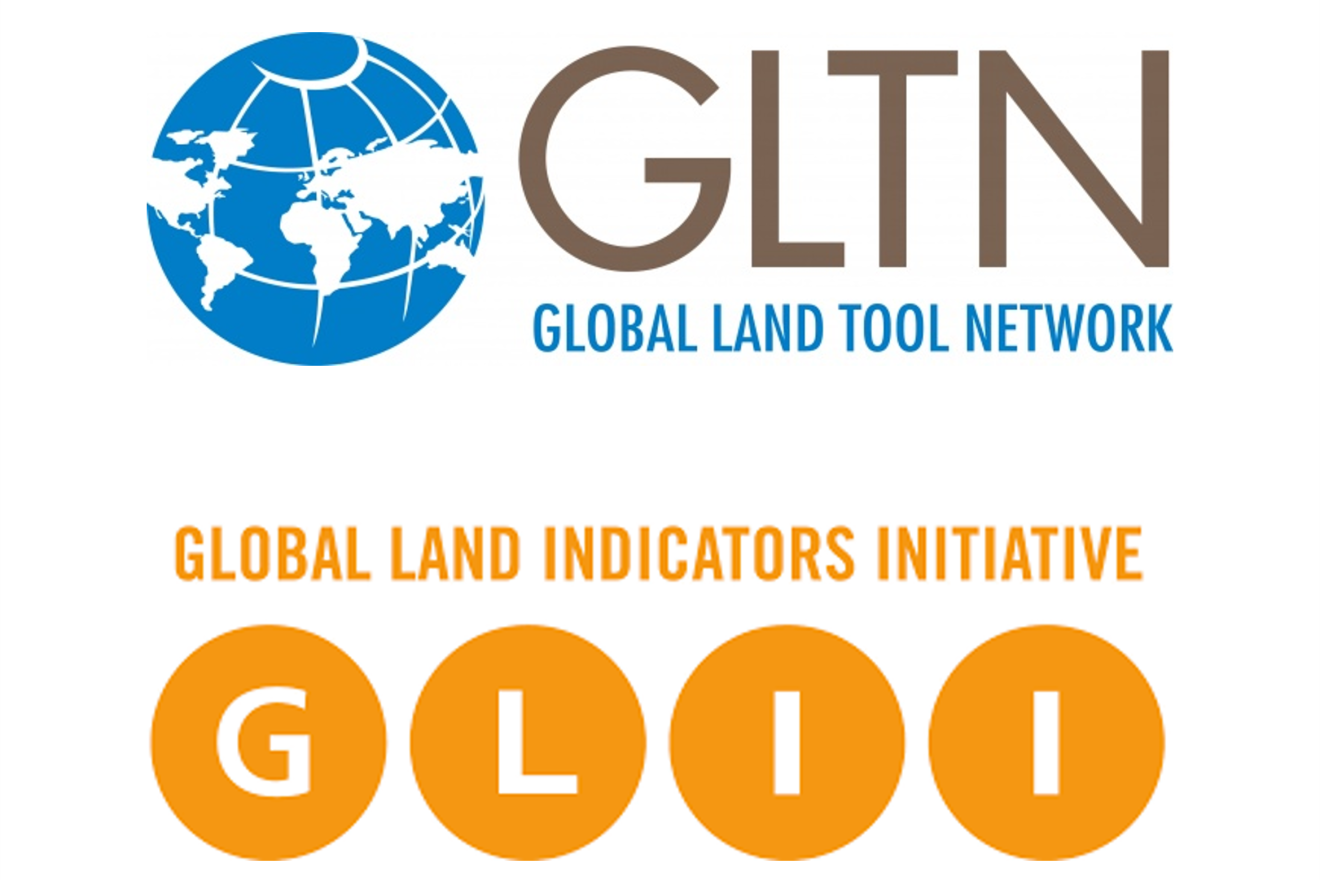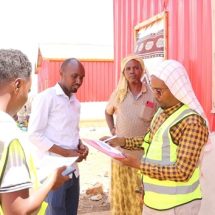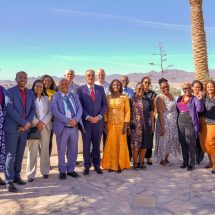In a defining effort to strengthen global land rights, the Global Land Tool Network (GLTN), in collaboration with the Global Land Indicators Initiative (GLII) and the Data and Analytics Unit (DAU) of the United Nations Human Settlements Programme (UN-Habitat), are set to host a Country Learning Exchange Retreat on the theme of unlocking land data. Scheduled for May 29-30, 2024, in Nairobi, Kenya, the retreat will convene experts from Uganda, Zambia, Morocco, Senegal, and the Democratic Republic of Congo (DRC). The five African nations are to discuss the achievements and challenges of a project that has strengthened their capacities to generate and leverage land data to inform policies that secure land rights for all and advance the Sustainable Development Goals (SDGs). Additionally, GLTN and GLII partners, along with experts from other countries, have been invited to join the retreat virtually through an interactive webinar.
Since 2021, GLTN, GLII, and UN-Habitat, in collaboration with the Food and Agriculture Organization of the United Nations (FAO), have worked closely with the National Statistics Offices (NSOs) and ministries of land in the five African countries to strengthen their capacity to generate and leverage reliable, accurate and timely sex-disaggregated land data. With a specific focus on SDG indicators 1.4.2 and 5.a.1, the countries have demonstrated significant progress in reporting on the status of land tenure security – implementing collection methodologies across national surveys and administrative data sources as recommended by the global methodology jointly developed by UN-Habitat, World Bank and FAO. Moreover, a legal and institutional landscape analysis of each country’s land governance and management has been conducted, providing a more nuanced perspective on the status of their land tenure security.
The country learning exchange retreat is designed with a dual purpose: to enable the five countries who participated in the project to continue to refine their strategies on generating land data to inform policy, whilst simultaneously engaging a broader network of GLII and GLTN partners, along with experts from other countries, to demonstrate the potential of scaling similar practices within their regions. The workshop will provide a dynamic platform for participants to engage in dialogue, critical thinking, and the mapping of best practices for monitoring land tenure rights. Ultimately these efforts are to ensure that land data is generated and leveraged for evidence-based policymaking, promoting gender equality and poverty eradication, amongst other SDG goals.
Throughout the two-day meeting, experts from the data and the land communities will deliver a series of presentations on their individual country experiences. These presentations will be enriched by roundtable discussions and idea exchanges focused on bridging data and policy gaps and ensuring land tenure security for all.
Biographies of the retreat’s speakers and organizers are provided below:


Please follow this link to view the retreat’s official Concept note and agenda
Following the retreat, UN-Habitat, GLTN, and GLII will continue to mobilize and strengthen the capacity of relevant stakeholders globally, monitor land rights, and report on progress in data generation for evidence-based policymaking.












